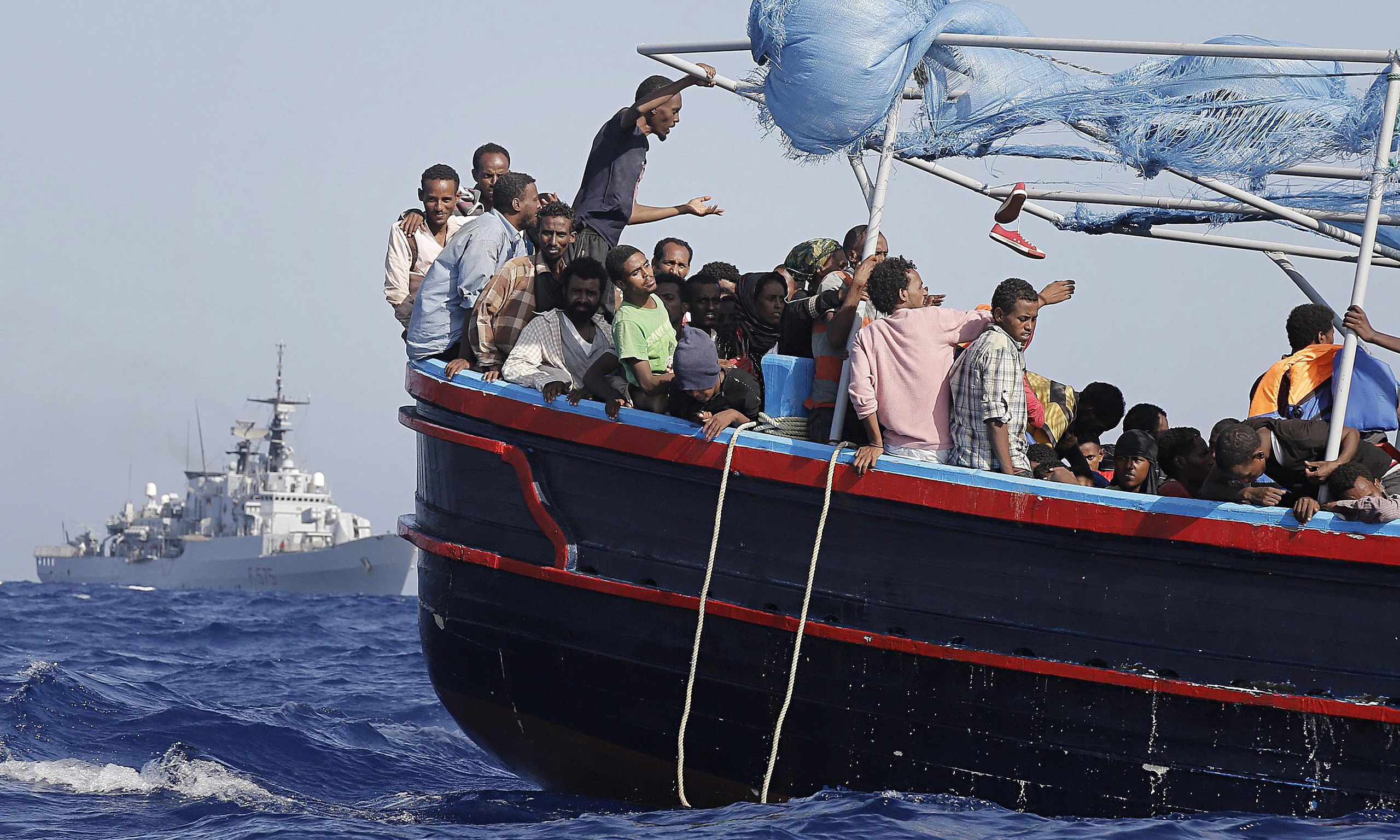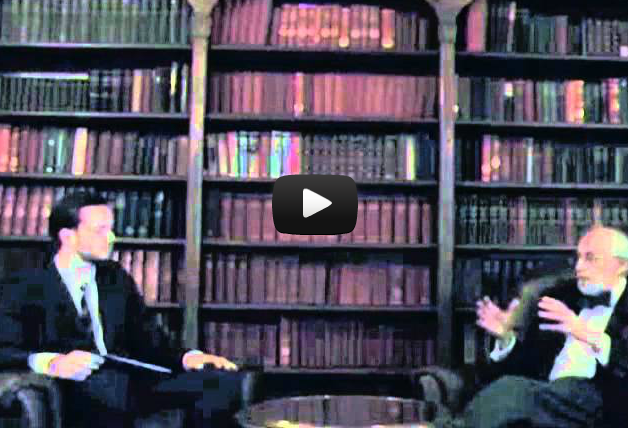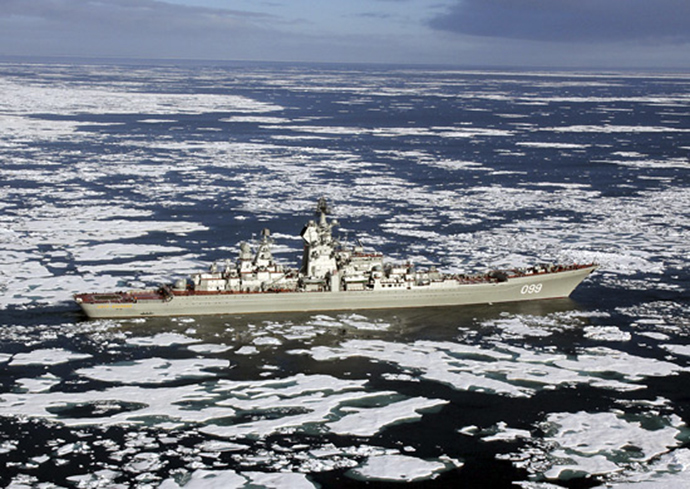Part One of this article focussed on the shortcomings of Operation Triton, and the policy negotiations Europeans must make when it comes to saving human lives and protecting their borders.
While migrant lives are unquestionably important, they are not the sole issue dominating the discussions of migrant smuggling. An unsustainable pattern of illicit immigration has emerged, and regardless of whether immigration is supported or not, coastal European countries like Italy are the destination for many migrants, and their immigration facilities are just not prepared to handle the rapidly growing populations.
To further underscore the significance of this issue, there have been 165,000 migrants entering Europe via Mediterranean smuggling routes so far this year, an increase of 100,000 since 2013. This is an unsustainable and dramatic rise which will continue to put enormous pressure on these immigration facilities, unless effective policy is enacted. The migrant populations not only strain the economies of destination countries, but they also help fuel the already growing xenophobic sentiments that underpin the rise of far-right extremist parties like Britain’s infamous BNP or UKIP, Greece’s Golden Dawn, and the Italian Northern League. With these societal tensions rising, it is only a matter of time until the bough breaks.
Amnesty International has also criticized the holding facilities used by Italy. Noting numerous examples of violence towards migrants as evidenced by seventeen Moroccans who were beaten, the use of sedative drugs and duct tape on some, and others who have broken bones and countless bruises, it is clear that those in charge of these holding facilities are not upholding even the slightest shreds of dignity for the people who occupy them. Issues of overcrowding and violence within are not being adequately addressed, and consequently the well-being of those fortunate enough to safely cross the sea continues to be at risk.
Despite the severe risks of making the journey, migrant smuggling generates billions of dollars for transnational criminal networks, while impacting the economies of countries of origin, transit countries, and destination countries. In origin countries, families often take on severe debt in order to finance the journey, with no guarantee that their trip will be successful. Transit countries (the states many migrants find work in to finance the next step of their journey) are subject to the economic pressures of stranded workers who may not speak the language. Further a fisherman in a transit country can make more money using his boat to smuggle people than he would catching fish, which means that the rise of organized crime in these regions will continue to pull people away from legitimate, legal work in favour of work that perpetuates this vicious cycle. And as noted earlier, the destination countries are already unable to adequately process the significant number of people trying to enter their country, and are turning to makeshift temporary holding facilities to cope.
With the recognition that the policies designed to inhibit migrants from entering Europe are failing, what measures should be taken? Presumably those fleeing civil war will not be deterred by technical EU policies like cutting tax credits to migrants, as their concerns are typically more existential in nature. The mass exodus from Syria over the past few years, and the predictable diasporas from Iraq will impact Europe and neighbouring regions, whether or not policies to keep refugees out are in place. It then becomes a matter of mitigating negative impact, and the crucial part of this equation ought to be protecting the lives of those who would be at risk if they stayed in their home countries.
Practical measures the EU should take include increasing surveillance of known smuggling routes to intercept the boats that are at risk, and opening up legal immigration channels to remove the impetus for people to turn to criminal networks to smuggle them. This would have the dual result of protecting lives and minimizing the influence of these networks in vulnerable regions.
It is clear that discouraging immigrants from making the trek isn’t working, so it is time to begin working towards protecting lives and human rights. Continuing to devote resources to tightening border security is ineffective, and contrary to the long term aims of stability. Diverting societal pressures to another region, or delaying their impact on one’s home soil may work to a degree, but it is hardly a solution that will contribute to peace and stability.
If Europeans are going to continue claiming to be champions of human rights then it is about time they put their money where their mouths are.




